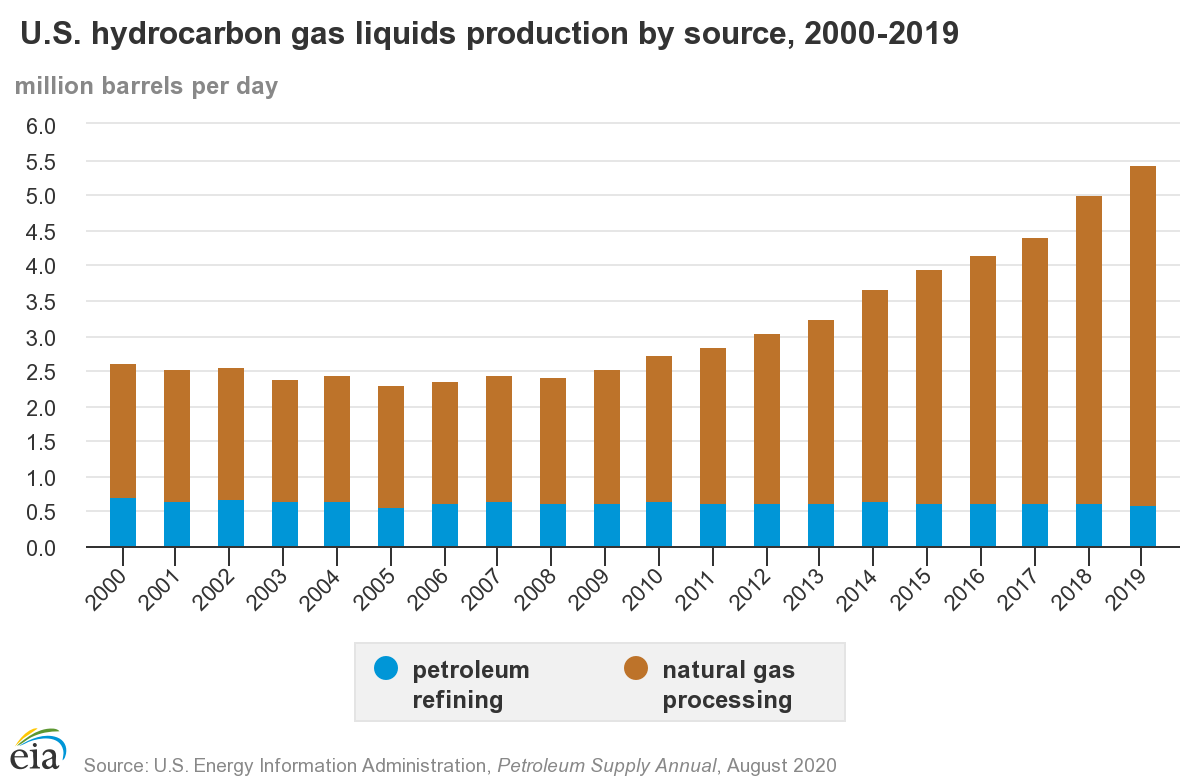According to Wikipedia:
Propane is produced as a by-product of two other processes, natural gas processing and petroleum refining.
The amount from petroleum refining is minimal. The U.S. Energy Information Agency provides detail about how much propane (a hydrocarbon gas liquid) is produced by each source:

Continuing from Wikipedia, if propane wasn't removed from natural gas, it would cause problems:
The processing of natural gas involves removal of butane, propane, and large amounts of ethane from the raw gas, in order to prevent condensation of these volatiles in natural gas pipelines.
Since most propane is an unavoidable by-product of natural gas production, they have essentially identical life-cycle impacts in the production stage.
In the transport stage, propane does have one key advantage:
Unlike natural gas, propane is denser than air.
This means that it does not escape into the atmosphere as a greenhouse gas. However since there's no way to produce more propane without also producing more natural gas, switching from propane to natural gas would have no net benefit.
Ultimately, if a consumer needs to use one of these fuels for heating, the analysis should focus on which will be most cost-effective, which will ultimately be a function of the local market. The money saved can be used for a more efficient appliance, better insulation, or perhaps some warm sweaters!
